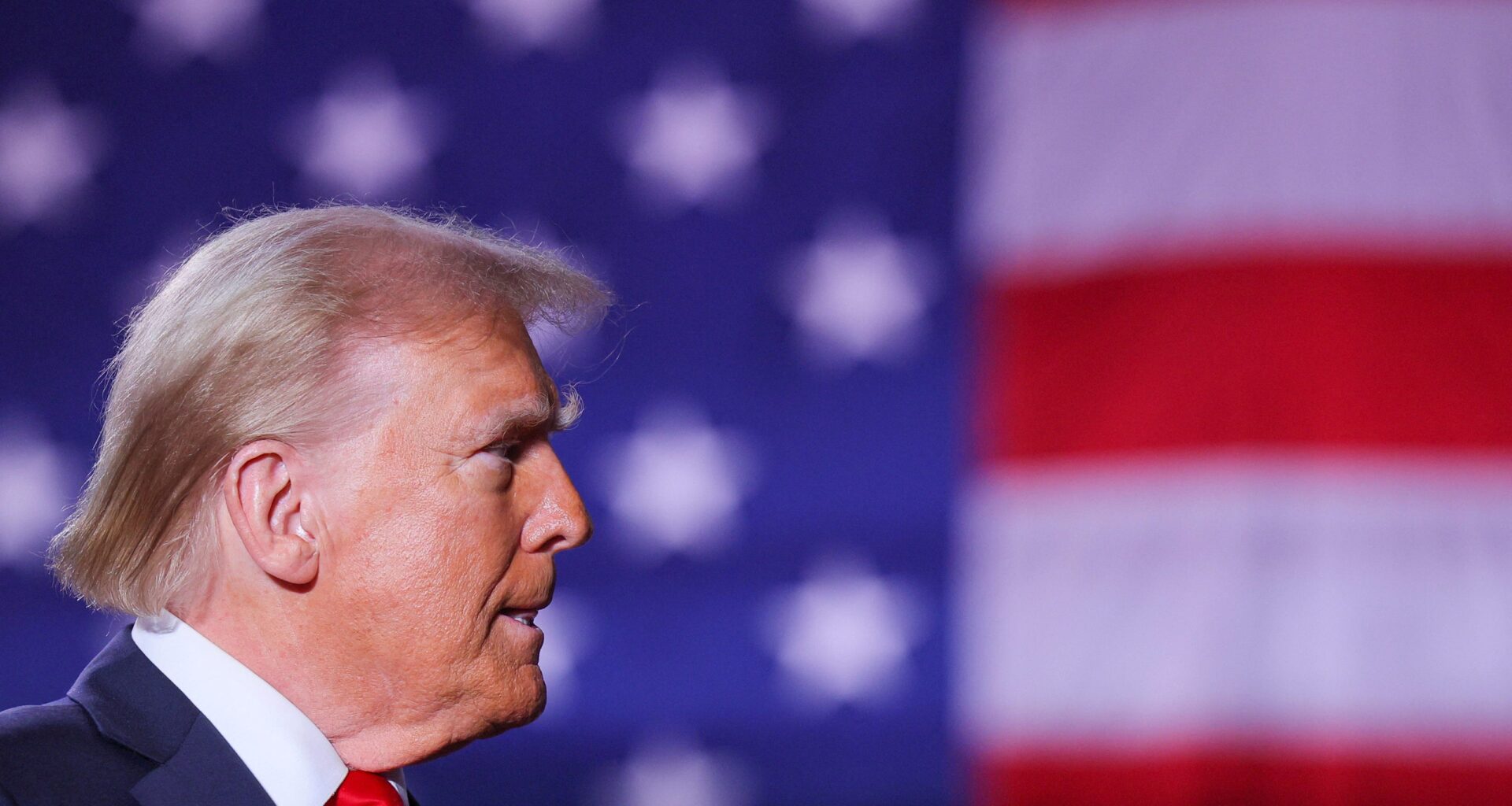WASHINGTON – It’s been a rough few weeks for college presidents – rough enough they braved a big D.C. snowstorm to join forces in droves in the nation’s capital.
They roamed the halls of Congress last week, urging lawmakers to set aside partisan politics and support higher education after President Donald Trump‘s first month brought a chaotic whirlwind of executive actions their way.
The White House has jeopardized billions of dollars in federal higher education funds. Scientists have been stopped from continuing lab work. Research programs have been scrapped. Contracts to publish key federal data about students were yanked overnight. Executive orders have led schools to scrub web pages and abandon outreach, for fear they might violate the president’s directives to ban diversity, equity and inclusion, or DEI.
It also seemed for a brief moment in January as though the multibillion-dollar student loan and financial aid system might grind to a halt. When the White House ordered a freeze on all federal funding, students across the country worried their Pell Grants, which help low-income families pay for college, could disappear. The U.S. Department of Education, the agency that administers Pell Grant funding, ultimately clarified that federal financial aid programs wouldn’t be impacted by Trump’s executive order, which a judge subsequently paused.
But that hasn’t stopped colleges from scrambling to review policies to ensure they comply with a pile of other presidential demands.
Meanwhile, last week, Trump derided the Education Department as a “big con job” and said he wants it to be “closed immediately.”
There’s little precedent for such upheaval in the history of American higher education. Yet the tumult reminds some college presidents of the early days of the coronavirus pandemic. The unpredictability and wide-reaching impact of COVID-19 sparked similar anxiety among some students and faculty directly impacted by them, said Félix Matos Rodríguez, the chancellor of The City University of New York, at a conference panel Wednesday at The Kennedy Center.
“The COVID example has been on my mind a lot,” he said.
Tracy Hartzler, the president of Central New Mexico Community College, agreed.
She began her job in January 2020, months before the spread of the coronavirus forced her to close her Albuquerque campus and transition everyone to remote learning. The difference between that crisis and this one was that she knew the federal government would help stave off the harm. Now, she said, federal cutbacks are causing the strife.
“The government is not going to bail me out,” Hartzler recalled thinking after the broad federal funding freeze was first announced. “This was the government doing this to me.”
Key funding at risk
On Feb. 7, the National Institutes of Health abruptly slashed its reimbursement rates, cutting universities off from billions of dollars they typically receive. School leaders berated the funding halt, saying it would impede work toward medical breakthroughs that cure cancer and address chronic diseases.
“Let there be no mistake: this is a direct and massive cut to lifesaving medical research,” said Mark Becker, the president of the Association of Public and Land-Grant Universities, in a statement.
The Trump administration, which has pledged to prioritize cost-cutting across the federal government, said the decision would save taxpayers $4 billion yearly.
“The United States should have the best medical research in the world,” new NIH guidance says. “It is accordingly vital to ensure that as many funds as possible go towards direct scientific research costs rather than administrative overhead.”
Universities have argued that the threatened funding is more important than the administration realizes. Sen. Susan Collins, a Republican from Maine, said in a statement that the directive to cap indirect research costs was “poorly conceived.” Federal law prevents such dramatic changes in the middle of the fiscal year, she said.
A federal judge paused the measure last week after a group of states and universities sued the administration. John King, the chancellor of the State University of New York, said in an interview he believes the law is on the side of the plaintiffs.
King, who ran the Education Department when Barack Obama was in the White House, said the Trump administration’s proposed change would cost his 64 campuses, the largest university system in the country, roughly $80 million.
His research faculty, in fields ranging from quantum physics to biomedicine, are “very frightened,” he said.
“The material that has come from the administration so far has been chaotic and also vague and confusing,” he said. “That is a huge challenge.”
Anti-DEI order sends schools scrambling
The president’s executive order seeking to curb DEI programming has stoked uncertainty among college leaders about the best way to comply with the federal government’s changing expectations.
Some schools are renaming offices. Others are hurriedly canceling events related to racial diversity.
“If you listen very closely, you can hear the sound of websites being scrubbed all over America, because the government doesn’t want us to use certain words,” said Michael Roth, the president of Wesleyan University, in a panel interview Wednesday. “The government doesn’t want us to describe certain people in certain ways.”
Researchers and grant writers are combing through their proposals amid reports of forbidden terms – “LGBT” and “disability” among them – which they fear could now put their work at risk.
Princeton University has vowed to “keep calm and carry on” while courts decide the legality of Trump’s anti-DEI measure. Ted Mitchell, the head of the American Council on Education, tried to instill that same resolve in a speech to college presidents last week before sending them off to lobby members of Congress.
“No nation has ever built up its people by tearing down its schools,” he said. “We will not be that nation.”
Zachary Schermele is an education reporter for USA TODAY. You can reach him by email at zschermele@usatoday.com. Follow him on X at @ZachSchermele and Bluesky at @zachschermele.bsky.social.
